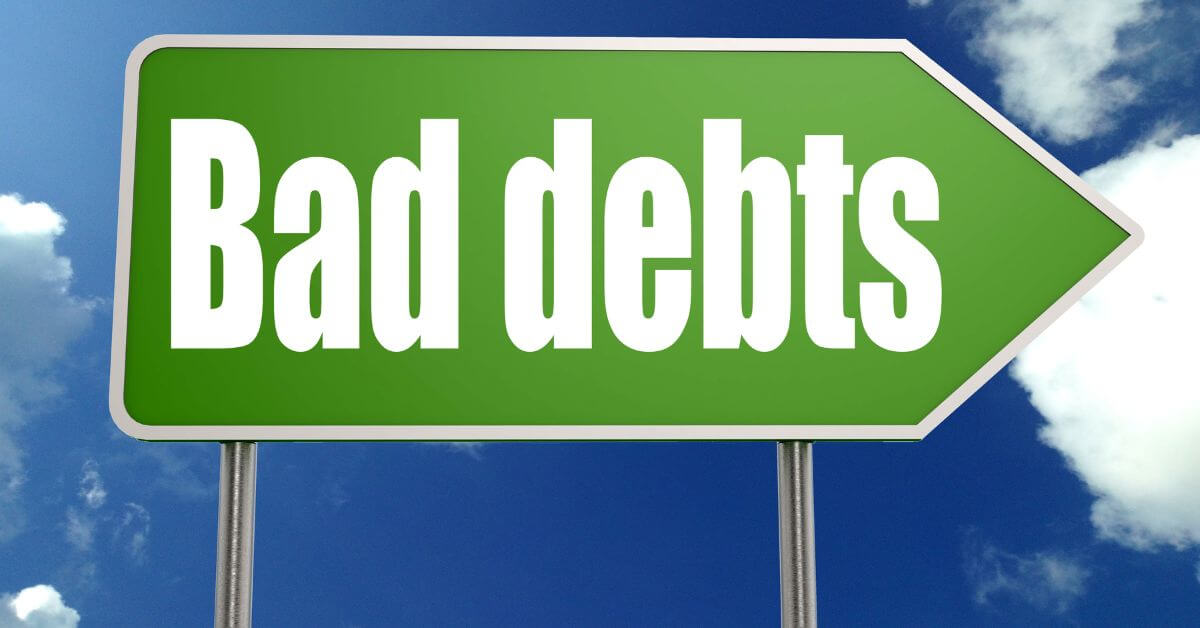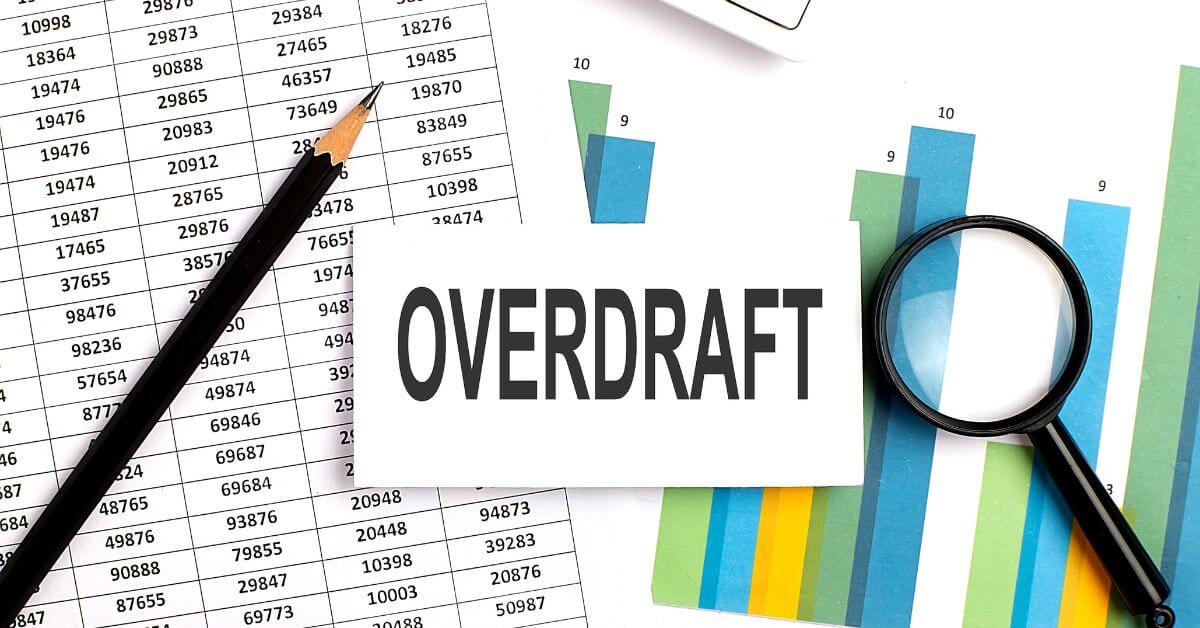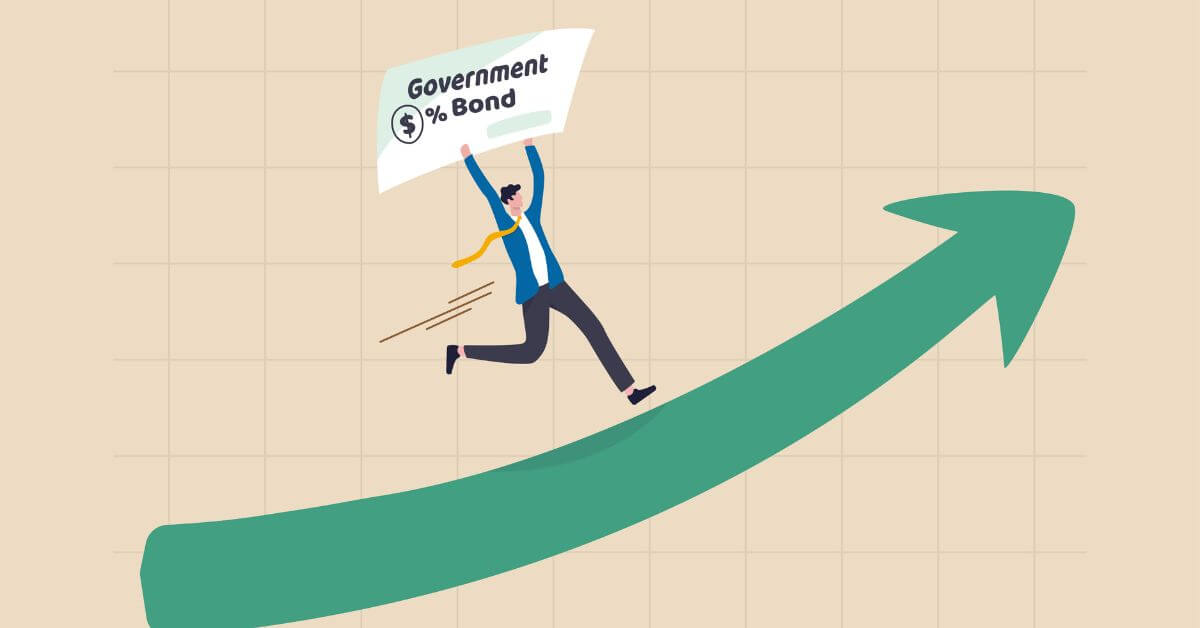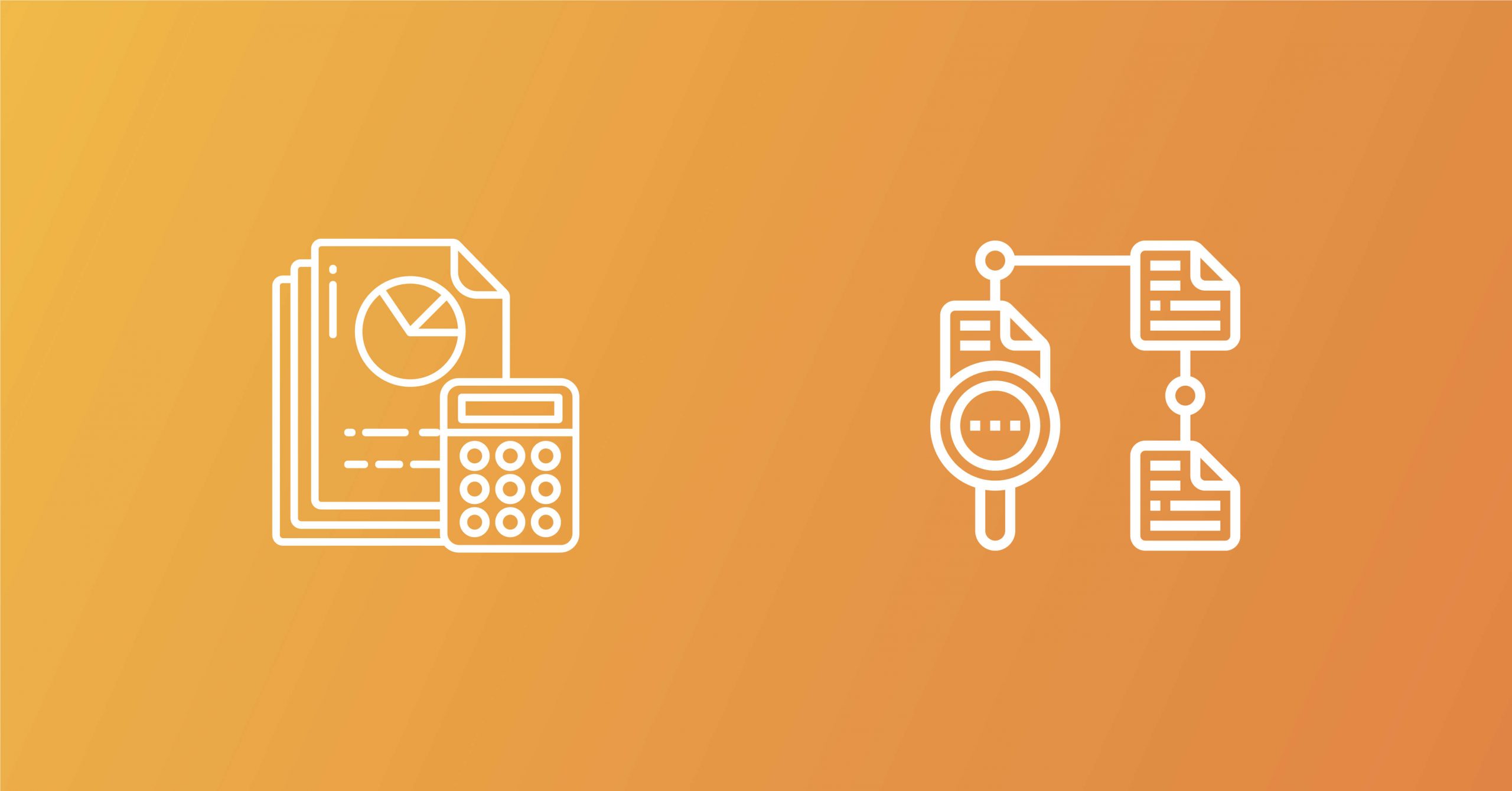
Good Debt and Bad Debt: What’s The Difference
Good and bad debt are terms used in the financial world. They refer to different borrowing types, which can affect your credit

What is a Bad Debt in Accounting?
When companies sale their goods and services to customers, account receivables created as a result but there is always a

Mortgage – Definition, Components, Types
Having a home or property is the goal of many people worldwide. If you’re thinking about buying a home or

Overdraft – Definition, Types, Pros and Cons
Overdrafts are an ordinary part of banking life. They can happen when you make a transaction more than your available

Initial Public Offering (IPO): Overview
Private companies are involved in a process called initial public offering occurs when a private business or corporation makes its

What is a Working Capital Loan?
The working capital loan, also referred to as working capital advances or working capital lines of credit, are unsecured loans

Disposable Personal Income (DPI)
The financial metric known as disposable income gives you an idea of how much money is left over after taxes.

Different types of bond
Table of Contents Bond meaning Bond is a debt security in which the borrower issues bonds to raise money from

Non-Marketable Securities
A financial instrument known as security is any financial asset that can be traded. Securities are classified as marketable and non-marketable securities.

Understanding Return on Investment (ROI)
ROI is a key metric for measuring a company’s success. It indicates how much profit a company makes in relation

Financial Markets-Meaning, Types, and Functions
A financial market is a marketplace where financial securities are sell and purchase. In other words, the marketplace where buyers

Treasury Bills – Definition, Pros, and Cons
Issuing debt securities for investors to buy is one of the most efficient tools the government has at its disposal

What is a debt instrument?
A debt instrument is a tool used by a government, business, and individual entity to raise capital for long-term growth,

Secondary Market – Definition, Types, Importance
A business can raise capital on the capital market by issuing shares, bonds, debentures, and other financial instruments. While the secondary

Difference between Cost and Price
Cost and price have a distinct meanings in terms of accounting. Both terms are used in the context of sales, but

Dividend – Definition,Types, Importance, and Date...
The dividend is a part of the company’s financial plan/statement that is usually announced at the annual and quarter year. The main

2/10 net 30 – Definition, Calculation, Pros and C...
2/10 net 30 is one of the most popular payment terms on the market today. It’s also a reliable way

Difference Between Shares and Debentures
After reading an article about methods of raising funds i.e debt and equity financing, john found two methods (shares and debentures)

Difference between capital reserve & revenue reserv...
Capital reserve and revenue reserve are two types of reserves that companies create. A capital reserve is the funds designated

Debt Financing and Equity Financing – Overview
John wants to start a new business. He needs $600,000 to convert his idea into a business. Unfortunately, he has

Modern Approach of Accounting- Classification of accoun...
There are two types of techniques for accounting for financial transactions. The Traditional Approach and the Modern Approach are two different approaches.
